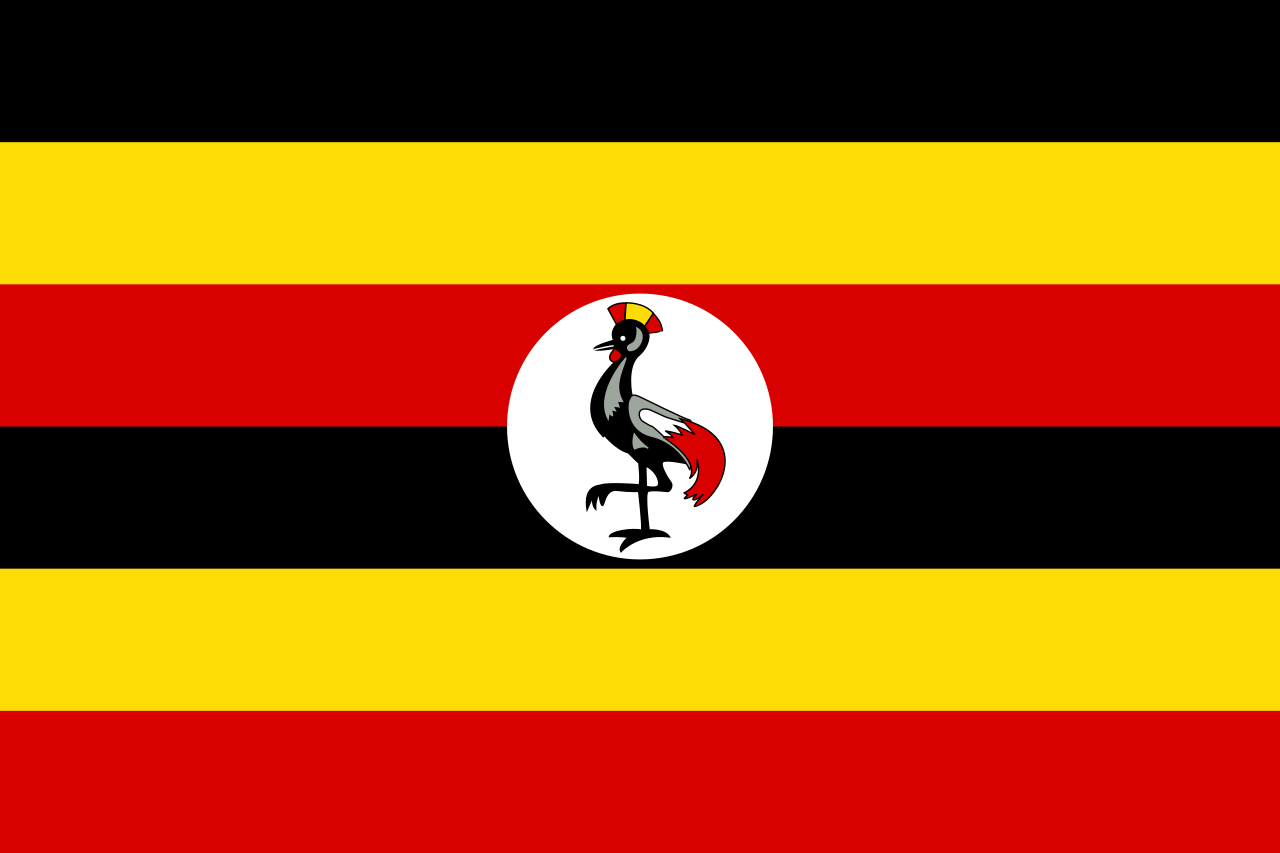Sowing the Seeds of Coffee Excellence in the Heart of Africa
Uganda, often referred to as the “Pearl of Africa” for its diverse landscapes and fertile soils, is also gaining recognition as a prominent player in the global coffee market. The country’s coffee industry, anchored by the robusta variety, is characterized by unique flavor profiles, sustainable practices, and a commitment to uplifting the livelihoods of smallholder farmers.
The majority of coffee cultivated in Uganda is robusta, which thrives in the country’s low-altitude regions, including areas like Central and Eastern Uganda. Robusta beans from Uganda are known for their bold flavor, full body, and distinctive earthy and chocolatey notes. The country’s equatorial climate, coupled with well-drained soils, creates an optimal environment for robusta cultivation.
One of the key factors contributing to the distinct flavor profile of Ugandan coffee is the wet processing method. This method involves pulping the coffee cherries, fermenting the beans, and washing them before drying. The meticulous processing enhances the cleanliness and vibrancy of the beans, contributing to the overall quality of Ugandan coffee.
In recent years, there has been a growing interest in specialty coffee in Uganda. While robusta is the dominant variety, there is also a focus on improving the quality and marketability of arabica beans, particularly in the high-altitude regions of Mount Elgon and the Rwenzori Mountains. Arabica beans from Uganda exhibit a different flavor profile, often featuring brighter acidity, floral notes, and a more nuanced taste.
Sustainability and ethical practices are integral to Uganda’s coffee industry. The government, along with various non-governmental organizations and international partners, has implemented initiatives to promote environmentally friendly farming practices, support smallholder farmers, and ensure fair wages. Uganda’s commitment to sustainability aligns with the global trend of consumers seeking responsibly sourced and ethically produced coffee.
The Uganda Coffee Development Authority (UCDA) plays a central role in coordinating the country’s coffee industry. Through certification programs such as UTZ and Rainforest Alliance, the UCDA ensures that coffee production adheres to rigorous social and environmental standards. These certifications not only enhance the marketability of Ugandan coffee but also contribute to the long-term sustainability of the industry.
Terms like “Ugandan robusta” and “Uganda single origin” are gaining recognition in the specialty coffee market. Ugandan coffee has received acclaim in international competitions, further establishing its reputation for quality. As consumer awareness grows, more coffee enthusiasts are seeking out Ugandan beans to experience the unique flavors that the country has to offer.
The socio-economic impact of the coffee industry in Uganda is substantial. The majority of coffee farmers in Uganda are smallholders, and coffee production provides employment and income for a significant portion of the population. The focus on sustainable and ethical practices contributes to the well-being of these farmers and their communities.
In conclusion, Uganda’s coffee profile is marked by the boldness of its robusta beans and the potential of its arabica varieties. The country’s commitment to sustainability, quality improvement, and ethical practices positions Ugandan coffee as a noteworthy contender in the global coffee arena. As Uganda continues to refine its coffee offerings and gain recognition for its unique flavors, it invites coffee enthusiasts to explore the diverse and rich tapestry of tastes that the Pearl of Africa brings to the cup.
Tags: coffe grower, uganda

